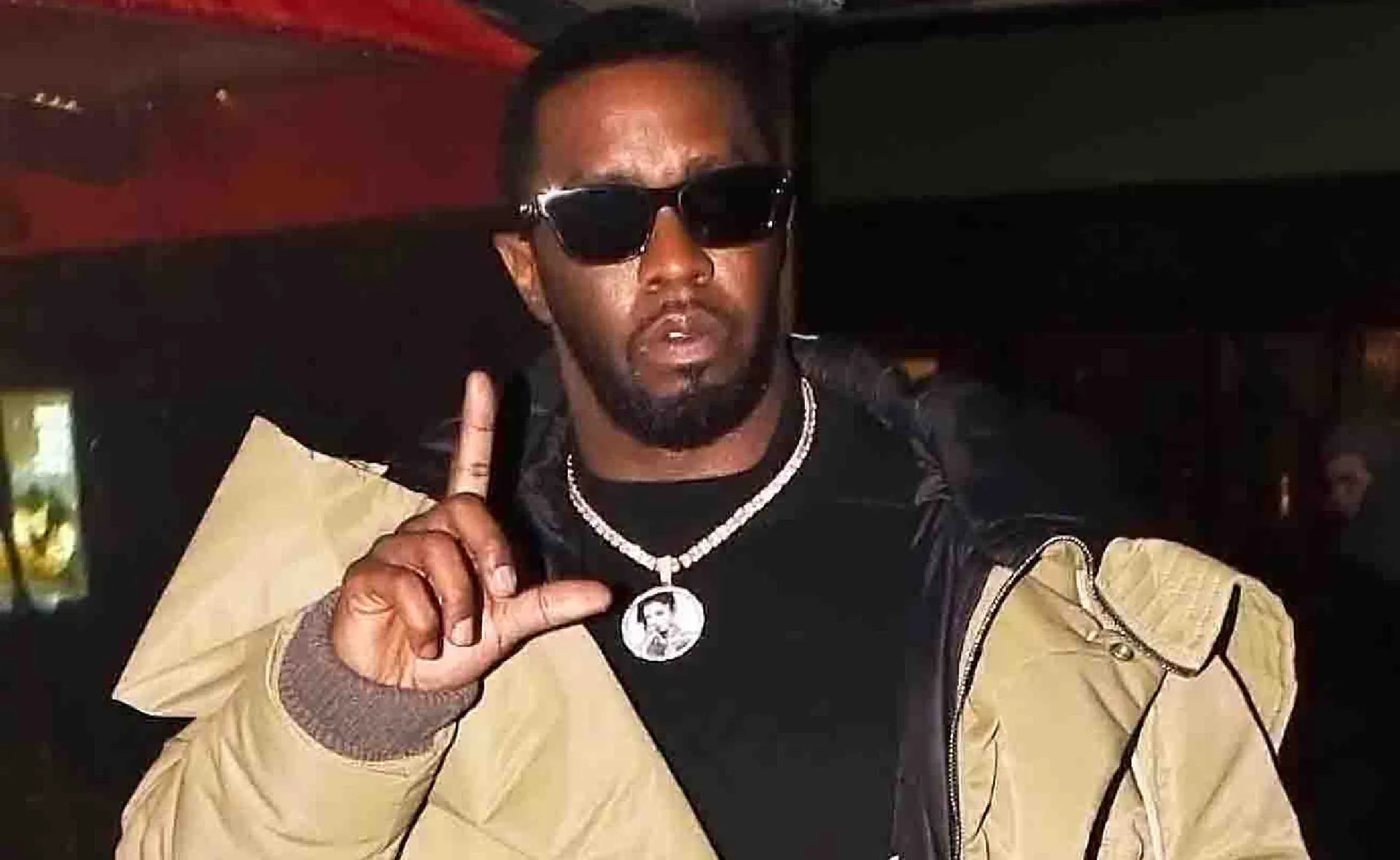
In the glitzy world of Hollywood, where fame and fortune often mask the complex realities behind the scenes, few voices are as bold and unfiltered as Mo’Nique’s. Known for her sharp wit and fearless honesty, Mo’Nique has recently stepped into the spotlight—not just as an entertainer but as a truth-teller exposing the hidden struggles faced by Black artists in the entertainment industry. Her candid revelations about power dynamics, industry blackballing, and broken alliances have sent shockwaves through Hollywood, shining a light on some of its most influential figures.

The Backstory: A Career Marred by Controversy and Blackballing
Mo’Nique’s story is one of talent, triumph, and turbulence. After winning the Academy Award for Best Supporting Actress for her role in Precious (2009), she found herself at odds with some of the biggest names in Hollywood, including Tyler Perry, Oprah Winfrey, and director Lee Daniels. The conflict began when Mo’Nique refused to participate in the aggressive awards campaign for Precious without fair compensation. Balancing a talk show, a comedy tour, and family commitments, she stood her ground, insisting she would not work for free.
This decision reportedly led to Mo’Nique being blackballed in the industry—a harsh reality many Black women face when they challenge the status quo. Despite her Oscar win, Mo’Nique’s career opportunities dwindled, and whispers of her being “difficult” circulated in Hollywood circles. The drama escalated when Lee Daniels publicly criticized her, and Oprah Winfrey remained silent during the controversy, further deepening the rift.
The Fallout: Broken Trust and Lingering Resentments
Years later, Mo’Nique remains vocal about the hurt and betrayal she experienced. She has openly called out Tyler Perry and Oprah for their roles in what she describes as an unfair treatment that stifled her career. Oprah’s decision to invite Mo’Nique’s brother onto her show without her consent reopened old wounds, especially given the sensitive family history Mo’Nique shared publicly.
Yet, despite the bitterness, Mo’Nique emphasizes that her grievances come from a place of love and a desire to see her community thrive. She urges for accountability and healing, encouraging her peers to “call each other up” to make things right rather than hide behind power and silence.
Unveiling Hollywood’s Darker Side: Allegations and Industry Secrets
Mo’Nique’s revelations don’t stop at personal grievances. She has also pulled back the curtain on some of Hollywood’s most powerful figures, including Tyler Perry, TD Jakes, Diddy, and Oprah Winfrey. According to Mo’Nique, the public personas of these icons often mask more complicated and sometimes troubling realities.
One of the most startling claims involves Tyler Perry’s management style and his influence behind the scenes. Mo’Nique alleges that Perry has contributed to a toxic environment where young Black men in Hollywood are exploited and sacrificed for the sake of success. She also references a controversial million-dollar donation Perry made to Pastor TD Jakes, hinting at efforts to keep certain matters quiet.
The Party Scene and Spiritual Leaders: A Clash of Worlds
Mo’Nique’s commentary extends to the intersection of entertainment, religion, and power. She highlights the controversial presence of Pastor TD Jakes at events hosted by Diddy, raising questions about the blending of spiritual leadership with Hollywood’s party culture. These gatherings, reportedly marked by excess and secrecy, have sparked speculation and concern about the true nature of relationships and behaviors behind closed doors.
While these allegations remain unproven, they underscore the complex and sometimes contradictory roles that public figures navigate—balancing image, influence, and private actions.
A Call for Change: Speaking Truth to Power
Throughout her candid interviews and social media appearances, Mo’Nique has consistently championed the importance of speaking out against injustice and inequity in Hollywood. She points to a troubling pattern where Black women who stand up for themselves are often silenced or ignored until it’s too late. Mo’Nique draws parallels to historical figures who faced similar struggles, underscoring the ongoing fight for respect and equality.
Her call to action is clear: the industry must confront its biases and power imbalances to create a more inclusive and fair environment for all artists.
The Industry’s Response and Public Reaction
Mo’Nique’s outspoken stance has elicited mixed reactions. Some applaud her bravery and honesty, viewing her as a much-needed voice for change. Others question her motives or dismiss her claims as attempts to stay relevant. Regardless, her revelations have sparked important conversations about accountability, fairness, and the hidden costs of fame.
Meanwhile, Tyler Perry, Oprah Winfrey, and other figures mentioned have largely remained silent or issued carefully worded statements, leaving the door open for further developments.
Beyond the Headlines: The Human Cost of Fame
At its core, Mo’Nique’s story is a reminder that behind the glamour and success lies a human experience filled with challenges, sacrifices, and resilience. Her journey highlights the emotional toll of navigating an industry that often prioritizes image over integrity and profit over people.
For fans and observers, it’s a call to look beyond the surface and consider the real lives and struggles of those who entertain and inspire us.
What’s Next? The Future of Hollywood’s Power Dynamics
As Mo’Nique continues to speak her truth, the entertainment industry faces growing pressure to address longstanding issues related to race, gender, and power. Whether her revelations lead to tangible changes remains to be seen, but they have undoubtedly opened a window into the complexities that many have long suspected but few dared to discuss openly.
For Mo’Nique, the fight is far from over. Her message resonates with many who seek justice and fairness in Hollywood and beyond, reminding us all that sometimes, the most powerful stories are those that challenge the status quo.
Conclusion
Mo’Nique’s bold exposé of Hollywood’s hidden battles serves as both a cautionary tale and a beacon of hope. It challenges us to question the narratives we accept and to support those who dare to speak out against injustice. In an industry built on illusion, Mo’Nique’s truth-telling is a refreshing and necessary force for change.
As the story unfolds, one thing is certain: Hollywood will never look the same again.